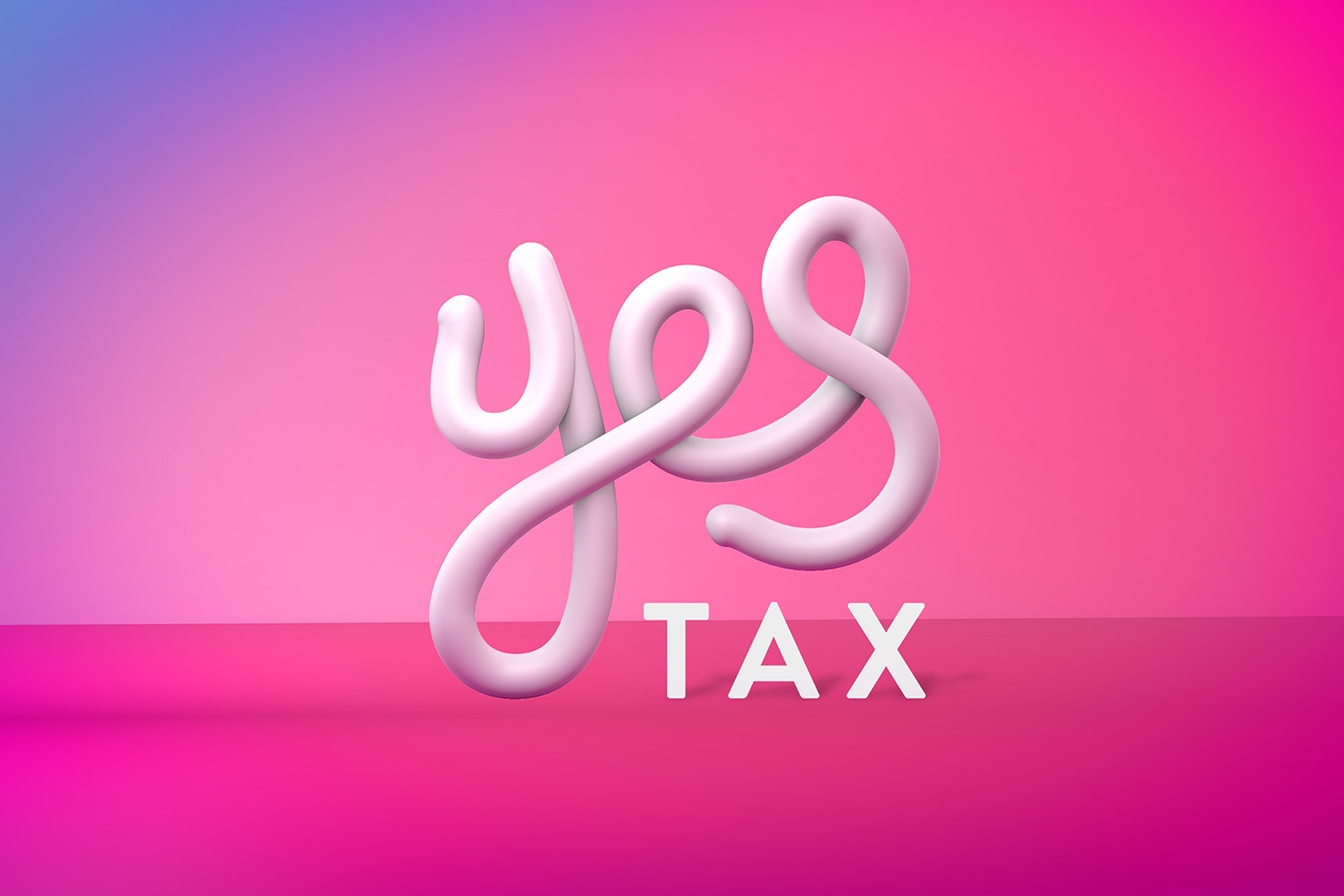
A new dawn for UK tax incentives?
Following the (relatively unsurprising) result of yesterday’s election, a Labour government will announce its first budget in over 14 years later this year. It is no secret that the Government will need to address the UK’s fiscal deficit, but where the money will come from is open to speculation at the current time.
There have been some musing from the Labour Government in terms of what changes may (or may not) be made to some key corporation tax incentives; here are our initial thoughts as to what may happen to the Research & Development, Patent Box and Capital Allowance tax reliefs in the near future.
Research & Development
The two R&D tax relief schemes have seen contrasting changes over the last few years. The SME scheme has been restricted to some extent by the implementation of a PAYE and NI cap on payable tax credits, a reduction in the rate of enhancement from 230% to 186% and a large scale clampdown on fraudulent and erroneous claims which has arguably had an adverse impact on genuine claimants. On the other hand, the large company scheme (RDEC) has increased in value from an effective credit rate of 10.53% increasing up to 15%. For accounting periods beginning on or after 1 April 2024, the two schemes are to be merged predominantly using the rules of the latter scheme, with the exception of R&D-intensive SMEs who can continue to use the existing SME scheme rules.
Whilst the harmonisation of the two reliefs may seem a little unfair on SMEs, it does simplify the process of claiming relief to some extent and gives more certainty as to the value of the relief (i.e., a company’s profit and loss position is not as relevant to the value of the relief). The Labour manifesto has indicated that the reliefs will not be altered in the short to medium terms, which should make it easier for companies undertaking R&D to plan with more certainty over the next few years.
Patent Box
Sometimes, no news is good news! This is certainly the case for the Patent Box tax relief scheme, which has barely changed since 2016. As the scheme was introduced by the coalition government back in 2011 (implemented in 2013), Labour’s stance on the scheme was unknown, and there were fears that the relief may be reduced or even scrapped. However, the Labour manifesto has stated that it intends to keep the relief in its current form, meaning that companies making profits from intellectual property on and after 1 April 2023 are potentially saving 15p of corporation tax for every £1 of profit made.
Capital Allowances
Generally, things look positive for the capital allowances regime. With economic growth being a priority it’s fair to expect capital allowances to remain a key tool that the government will use to incentivise investment in the UK. Rachael Reeves has specifically voiced her support for Full Expensing, the generous allowance that evolved from the Super Deduction, and that was made permanent in the Autumn Budget.
More unknown is what will happen to the changes proposed in the spring budget. They were:
- The withdrawal of the Furnished Holiday Lettings rules that allow capital allowances claimed on holiday lets, with the relief scheduled to be withdrawn in April 2025.
- The removal of the leasing restriction on Full Expensing which prevents some assets purchased for leasing from benefitting (this can particularly be an issue for group structures with a PropCo – OpCo arrangement).
Neither point received draft legislation prior to the dissolution of parliament ahead of the election, so the changes remain in limbo while we wait to see how the future government will proceed. Nonetheless, we expect capital allowances will remain a lucrative incentive for investment in UK property going forward.
Once the new government announces its intentions at the next budget, we will be sure to keep you updated at www.yes.tax
YesTax. Positively Better.

